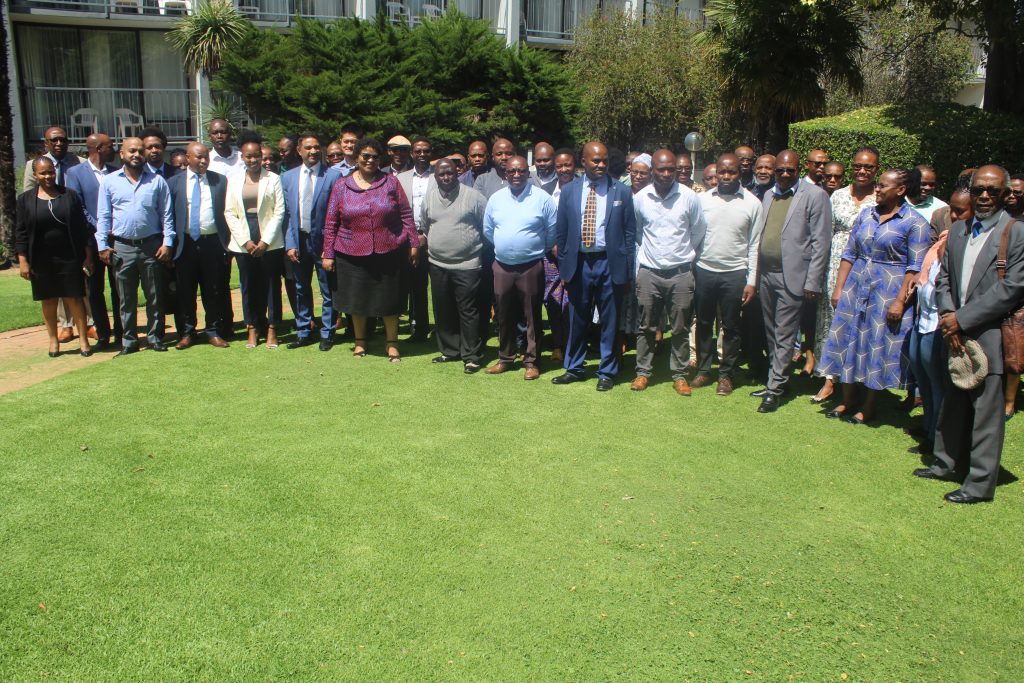NAP process is a strategic process that enables countries to identify and address their medium- and long-term priorities for adapting to climate change.
Led by the Lesotho Meteorological Services (LMS), the NAP process involves analysing current and future climate change and assessing vulnerability to its impacts. This provides a basis for identifying and prioritizing adaptation options, implementing these options, and tracking progress and results.
Importantly, the NAP process wil put in place the systems and capacities needed to make adaptation an integral part of a country’s development planning, decision making and budgeting while ensuring it is ongoing practice.
Responding effectively to climate change requires urgently cutting our emissions as well as adapting to its impacts. The National Adaptation Plan (NAP) process is an important way that countries can build their resilience to these impacts.

During the launch, top officials of the government of Lesotho and all relevant stakeholders including development partners and media were present. On delivering the speech on behalf of the Minister in the Prime Minister’s Office, Mrs. Mabataung Khalane (The Principal Secretary of the Ministry of Defence, National Security and Environment stated that Lesotho as one of the Least Developed Countries (LDCs), is highly exposed to climate change hazards including floods, droughts, storms, strong winds, heavy snowfall, and severe frost.
These hazards occur with alarming frequency and negatively affect the population, particularly those living in the rural areas, resulting in disruption of economic activities and loss of environmental degradation which eventually lead to destabilisation of the agricultural sector and raise the level of food insecurity for thousands of people who depend solely on farming.
NAP process aims to make people, places, ecosystems, and economies more resilient to the impacts of climate change.